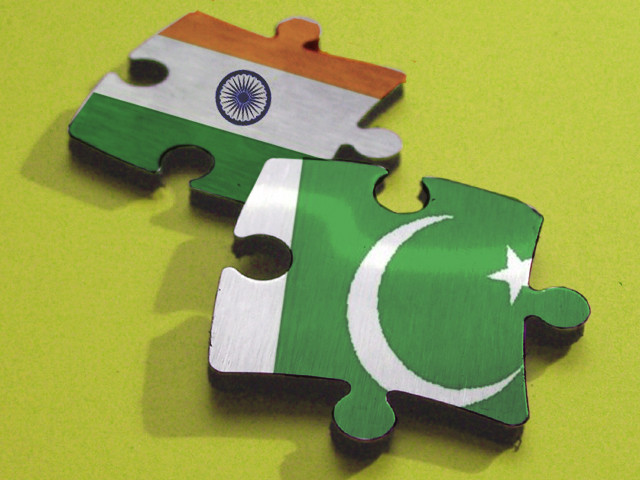Nearly there
Pakistan has decided to liberalise trade with India by moving from a positive list to a negative list.

New Delhi has been calling on Islamabad to make this move as part of the normalisation process. At long last, the politicians in Islamabad appear to have mustered up the courage to make the transition that every sensible economist and policy analyst says is good for both countries. At least, in one area of economic policy, this government appears to be headed in the right direction. We would like to applaud the patient perseverance of the civil servants in the commerce ministry and the Foreign Office, who have been pushing for this policy and did all the necessary ground work to make it possible. Commerce Secretary Zafar Mehmood’s leadership on this matter has been particularly commendable. Foreign Minister, Hina Rabbani Khar was reportedly also instrumental in overcoming opposition from sections of the establishment that are still wary of commercial ties with India.
Yet, it seems that in arriving at this pleasant outcome, the free market liberals in the government have had to make some unpleasant compromises. For instance, the negative list was supposed to have been kept ‘short’ to 636 items, per the understanding with India. Unfortunately, the list is currently about 1,209 items, far longer than it should be. It is gratifying, however, that the government is nonetheless committed to phasing it out completely by the end of the year. There will undoubtedly be lobbyists who will argue that this liberalisation is bad for Pakistani industry and it is true that at least some industries will suffer. But in the long-run, there is no arguing with the fact that the Pakistani economy as a whole stands to benefit from being able to sell to a larger Indian market and access their cheaper goods.
Published in The Express Tribune, March 2nd, 2012.














COMMENTS
Comments are moderated and generally will be posted if they are on-topic and not abusive.
For more information, please see our Comments FAQ